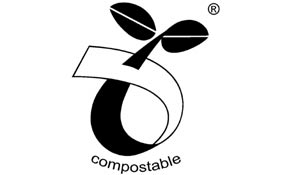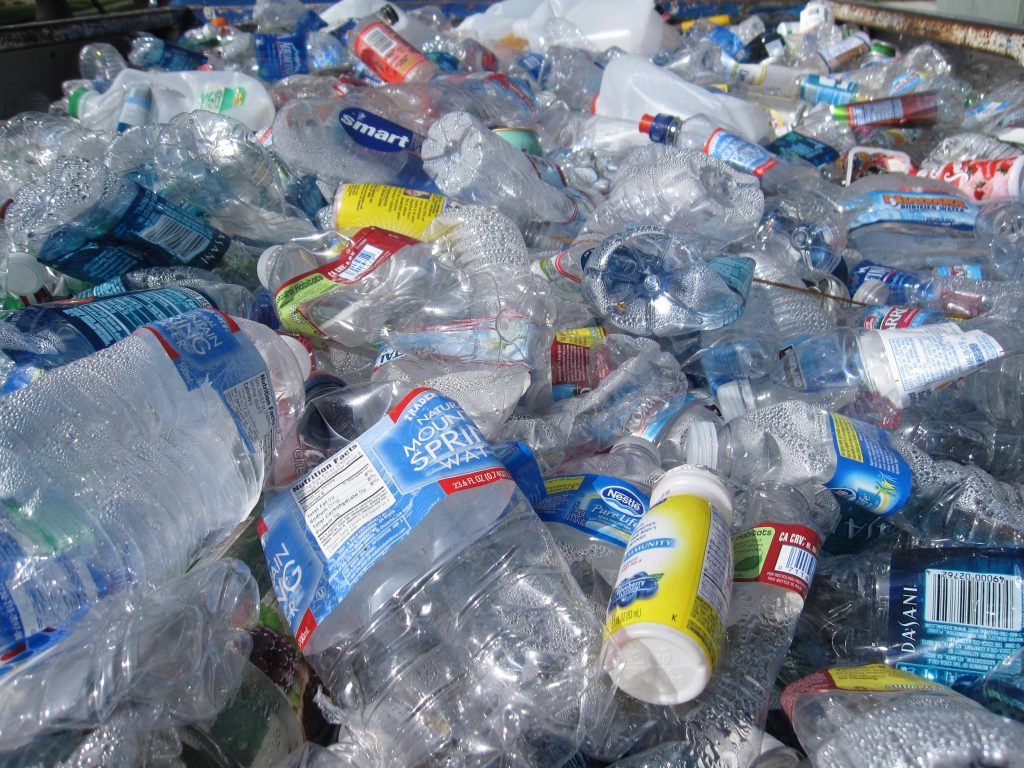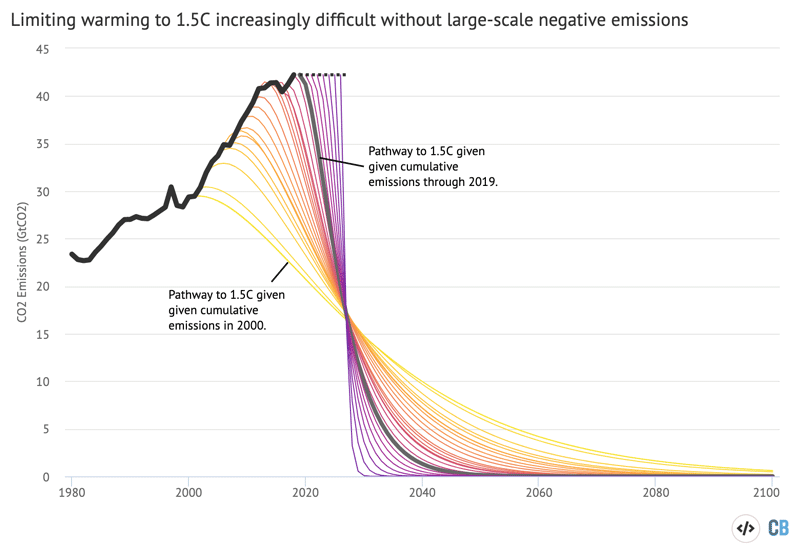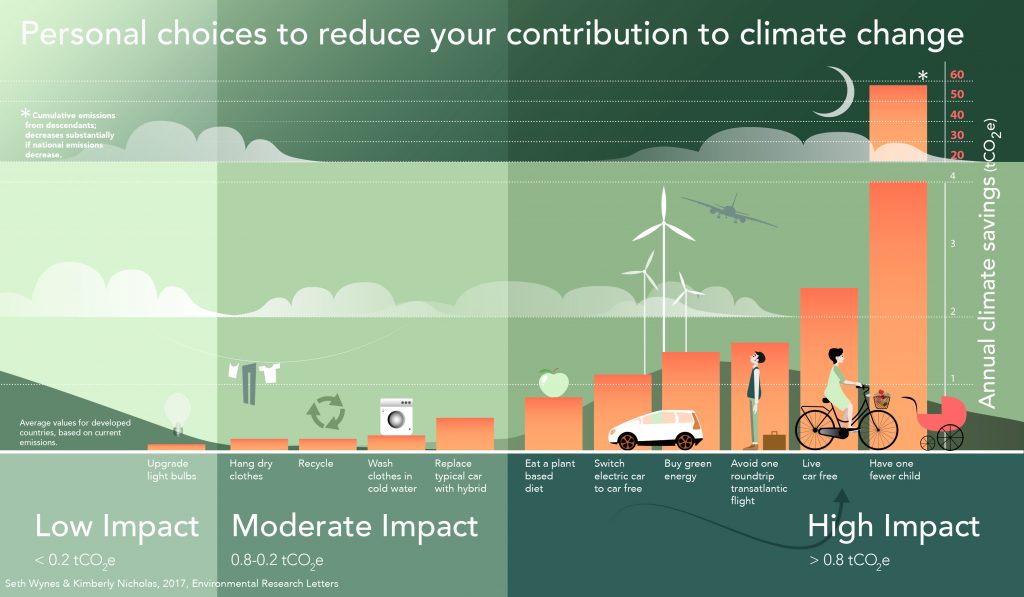Get your postal vote and help others to
March 14th, 2021Elections are comming on 6 May 2021 – make sure you are registered to vote for a sustainable future well in advance. This can be done entirely online, see https://www.gov.uk/register-to-vote .
Also this year more than ever it’s important to get a postal vote, this tells you how – https://www.bristol.gov.uk/voting-elections/postal-voting .
For postal voting they need your signature and time to get it on the system, so the application needs to be received by 5pm 20-April. You can print the form or get it sent to you, then sign, and scan/take a pic and email or post it back. You can ask for a postal vote until further notice, so you only have to do this once (until you register somewhere else). Once it’s done they’ll send you ballot papers for every election and you’ll always have the option of voting by post or taking it to the polling station.
You might even consider lobbying to make it possible to vote online for future elections. A 2015 commission recommended that everyone should have the option to vote online by 2020, but this still hasn’t happened. This would increase the number of younger people voting. Here’s the commission’s view: http://www.digitaldemocracy.parliament.uk/chapter/10-elections-and-voting .
—————————————-
Key WECA Mayor Election Issues
March 11th, 2021On 6-May-2021 the WECA mayor is up for election, as well as the Bristol mayor, the Police and Crime Comissioner and local councillors. This website tells you the voting options for your address: https://whocanivotefor.co.uk/ .
The West of England Combined Authority (WECA) is a tier of local government that has substantial powers and funding covering the Bristol. South Gloucestershire, and Bath and North East Somerset (BANES) areas. This may be extended to include North Somerset.
The WECA mayor is important for future sustainability so Bristol FoE have done some analysis of the issues to help inform your vote, see http://www.bristolfoe.org.uk/weca21/ .
We also partnered in an environmental hustings, see https://youtu.be/GoB-ZboOBMQ .
Why is the WECA mayor important?
Bristol, BANES and WECA have all declared climate emergencies and adopted a policy of reaching net zero emissions by 2030. To achieve this it is essential that emissions reduction is at the heart of all WECA policies. This is urgent to ensure the region has a green recovery following the COVID-19 pandemic: there is now lots of evidence that a large part of our decarbonisation needs to happen in the next 5-10 years to avoid the most serious negative consequences.
WECA is the lead authority for:
Transport
Transport currently amounts to around 25% of CO2 emissions and the proportion is rising.
WECA produces strategies for all means of transport from walking, cycling and electric scooters through public transport and cars to freight, and administers government funding for transport schemes.
To get emissions down the region needs to dramatically reduce the amount of car travel, and support electrification for remaining travel and transport.
Industry, skills and training
Other energy is responsible for around 50% of emissions, and a lot of that is wasted in heating and cooling inefficient buildings. A building ‘retrofit revolution’ for energy efficiency and conversion to low-carbon heating and cooling is vital, along with developing and deploying renewable energy supplies such as wind, tidal and solar.
The low uptake of the recent government Green Homes Grant was largely due to lack of accredited installers and contractors, so this is an essential and urgent area for skills development and accreditation.
Decarbonisation strategies for all industry and business also needs to be at the top of the agenda, and the mayor needs to influence the type of industries that are allowed and encouraged to develop in the region.
Housing and land use
As well as being very low carbon, the location of new housing developments in relation to transport infrastructure and jobs is important – not only in reducing CO2 emissions from transport and avoiding flooding but also in creating better communities.
There is also the need to grow a larger proportion of our food locally, in sustainable ways on our best agricultural soils, and reduce the environmental burden of producing and importing meat and dairy products and animal fodder. This is key to address both the climate and nature emergencies we face locally and globally.
Summary of Plastic Waste Talk
February 24th, 2021The main takeaways from our recent talk from Bristol Waste were as follows:
Plastics – pros and cons
- Cons
- 23% of single-use plastics globally ends up in the oceans – that’s one rubbish truck every minute!
- Estimates suggest that this brings about the death of over 1 million birds, and 100,000 sea mammals every year.
- 1 million plastic bottles are sold around the world every minute
- Pros
- Does make sense for things like medical equipment, as it’s cheap, easy to sanitise, and durable.
- Placing plastic wrap around vegetables can extend their shelf-life by up to 15 days, massively decreasing food waste which, by some measures, is even more harmful than plastic waste.
- Manufacture of plastic bottles also has a relatively low carbon footprint – 20X less than a glass bottle!
- But most plastic bottles only get used once, and then thrown away.
- Also, unlike glass, which can be recycled without degrading, recycling plastic results in increasingly lower quality each time, until it eventually can no longer be recycled.
- So it’s not so much about the fact that we make plastic, but how we use it, and what we do with it afterwards.
Bristol Recycling
- General stats
- Average household waste = 450kg p/a
- 40% could be recycled, but isn’t
- 25% of that 40% is food waste
- The process
- Bristol waste take approximately 5400kg of plastic each year to their local recycling centre.
- The metal is separated out on a conveyor belt by magnets, and the plastic gets put in bales, which are then sent to a factory in Northamptonshire called Jplaz, who sort it into different plastic types.
- High quality plastic that can be made into other things is sold, while lower-quality gets transformed into, e.g. bags for life.
- Really low quality plastic gets either sent to landfill or burned.
- What you need to know about recycling
- What you can recycle:
- Don’t worry too much about numbers – if it’s a Just bottle, pot, tub, or tray, it’s probably fine. (Certain items, like some yoghurt pots, have ‘PS’ on them – this stands for ‘polystyrene’, and should be avoided, but otherwise, you’re probably good.
- Also, don’t worry too much – it’s not the case that a single item of unrecyclable material automatically sends an entire batch to landfill, as they have some measures to address this issue. Just do the best you can, and avoid ‘wishcycling’ (‘I wish this umbrella were recyclable, even though I know it’s actually probably not, so I’ll stick it in anyway’)
- Don’t worry too much about numbers – if it’s a Just bottle, pot, tub, or tray, it’s probably fine. (Certain items, like some yoghurt pots, have ‘PS’ on them – this stands for ‘polystyrene’, and should be avoided, but otherwise, you’re probably good.
- What you can’t recycle:
- Plastic film – if it stretches, there might be a place for it to be recycled with plastic bags, but can’t be done kerbside
- Black plastics – are technically recyclable, but can’t be detected by the machine, so get sent to landfill anyway
- Plastic toys, plant-pots, etc – take to household recycling centre
- Compostables – don’t want them!:
- Seed logo means it needs recycling at an industrial recycling facility

- Check out teracycle – they’re pretty good at recycling stuff you can’t do kerbside, and they do pick-ups
- What you can recycle:
Systematic efforts
The Plastic Pact by the Waste and Resources Action Programme (WRAP) aims to make all packaging recyclable by 2025: http://www.wrap.org.uk/content/the-uk-plastics-pact
- Talk in parliament of a deposit return scheme, that would provide financial incentives to recycling: https://www.businessgreen.com/news/4027179/mps-probe-plans-deposit-return-recycling-scheme-england
- New legislation on Extended Producer Responsibility (EPR) to be implemented in 2023, placing the financial burden of household waste on the producers, rather than the taxpayers: https://www.recycle-more.co.uk/business/sustainability/extended-producer-responsibility

A Green and Fair Recovery is Within Reach
February 23rd, 2021We need to act much faster now than when the Climate Change Act was passed in 2008, since global emissions have continued going up. That’s why the government’s ‘net zero by 2050’ target is just no longer adequate. It’s getting increasingly clear that the target of limiting warming to 1.5C is very important, as feedback mechanisms are already starting to kick in. At the same time it’s getting increasingly challenging, requiring 15%/year cuts to 2040 as illustrated by the chart, with emissions needing to more than halve by 2030. It all hinges on how we and the rest of the world pull out of the pandemic – we have the best chance ever to make a choice, lets make the right one and have a Green New Deal!

The government needs to act but people need to be on board, that’s what the new CEEbill is about: https://www.ceebill.uk/ . It proposes new targets and citizens assemblies as an essential element of achieving rapid consensual change.
A local action plan is important, and Bristol City Council is working on one.
A household plan, including these things, is also important:

Get in touch if you want to join our Climate Action Group to get involved in some group action!
Climate Action Kick-Off event launches 5th July 2020
June 22nd, 2019We’re calling on people from all over Bristol to stand up against the climate crisis, and get our local government to start treating this situation as an emergency, not just an inconvenience.
By the end of 2020 we want a commitment to:
Transport: Stop the sale of petrol and diesel cars within the decade. Invest in brilliant and cheap public transport, cycling and walking everywhere.
Power: Stop making electricity from dirty fuels and ban fracking. Start aiming for 100% clean energy from the wind, sun and sea.
Buildings: End the misery of cold, expensive-to-heat homes. Fund a massive insulation scheme and shift to eco-friendly heating.
Agriculture and Land Use: Stop using our land for intensive farming. Double tree cover and let wildlife thrive.
Infrastructure: Stop backing projects that fuel climate change, like airport expansion. Start making climate change a deal-breaker in all spending decisions.
International Justice: Stop funding fossil fuels globally. Pay its fair share to support more-vulnerable countries to cut carbon pollution and deal with the impacts of climate change.
We are currently engaged in a city-wide organising campaign, engaging new volunteers across the city and signing supporters up to join the movement against climate change by participating in this mass kickoff event: 6-8.30pm, Friday 5th July at St Werburghs Community Centre.
While the campaign will be framed by our national policy demands, the specific focus and activities in Bristol will be chosen by participants at this event and the people involved will be fully trained and supported by Friends of the Earth staff.
How can you help?
Firstly, please register to attend this kickoff event on 5th July:
https://tinyurl.com/bristolclimateevent
But even better, get involved to build the event and build the movement! You can help locally in your neighbourhood and amongst your friends and colleagues, or join a support team
Signup here: https://tinyurl.com/bristolclimatesignup